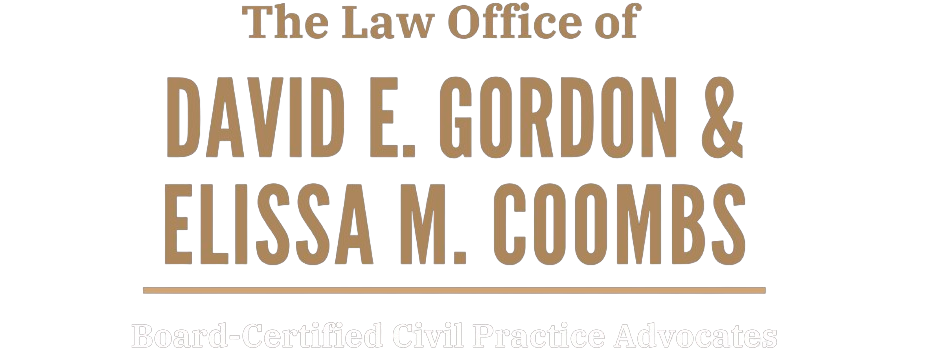In Tennessee, a person suffering “emotional injury” of a “severe” or “serious” nature can seek non-economic damages, including emotional distress emanating from accidents. But your ability to recover from an Uber accident largely hinges on who is at fault for the auto wreck. Accidents implicating transportation network companies (TNCs), such as Uber, present unique questions under this at-fault framework.
The Law Office of David E. Gordon can offer advocacy on these issues, so take advantage of a free consultation to understand the legal remedies available for your emotional distress claim.
Establishing Emotional Distress in Tennessee Lawsuits
The Tennessee Supreme Court has yet to formulate a comprehensive list of factors a person must prove to show emotional distress. However, courts tend to look for physical manifestations when deciding whether someone has been so affected by an auto accident that it amounts to compensable emotional distress.
Recovering from mental anguish alone is notoriously difficult, but David E. Gordon can craft a compelling case for your emotional distress caused by an Uber accident.
Determining Financial Responsibility in Tennessee After an Uber Accident
“At-Fault” states, like Tennessee, leave accident settlements primarily in the hands of insurance companies. So, if you’ve been emotionally distraught by an Uber wreck, you must first determine fault.
When your Uber driver causes an accident, you can:
- Make a claim against the driver’s insurance company, or
- Make a claim against Uber’s insurance policy (covering damage to property—as well as injuries to riders and third parties—where the Uber driver is at fault).
Uber maintains a $1,000,000 policy on behalf of its contract drivers, but its coverage varies by state. In Tennessee, Uber’s Certificate of Insurance includes bodily injury and property damage protection but is silent on emotional distress. Therefore, you are unlikely to recover under Uber’s policy for mental anguish alone.
If another motorist is at fault, you can seek reimbursement via their insurance company, unless they are driving without insurance. Uber’s Tennessee Certificate of Insurance fails to provide for uninsured motorist coverage, so you cannot directly recover from Uber if the wreck is caused by an uninsured driver. You would have to file suit in court against the uninsured driver for emotional distress.
The Law Office of David E. Gordon is here to assist you in determining fault and recovering compensation for your emotional distress under these complex rules.
Consult David E. Gordon for Advice on Your Emotional Distress Claim
The Law Office of David E. Gordon offers free consultations to individuals seeking compensation for emotional distress resulting from car crashes.
The legal landscape of TNCs is new, but David E. Gordon can fight for reimbursement for your emotional injuries following an Uber accident in Tennessee.








